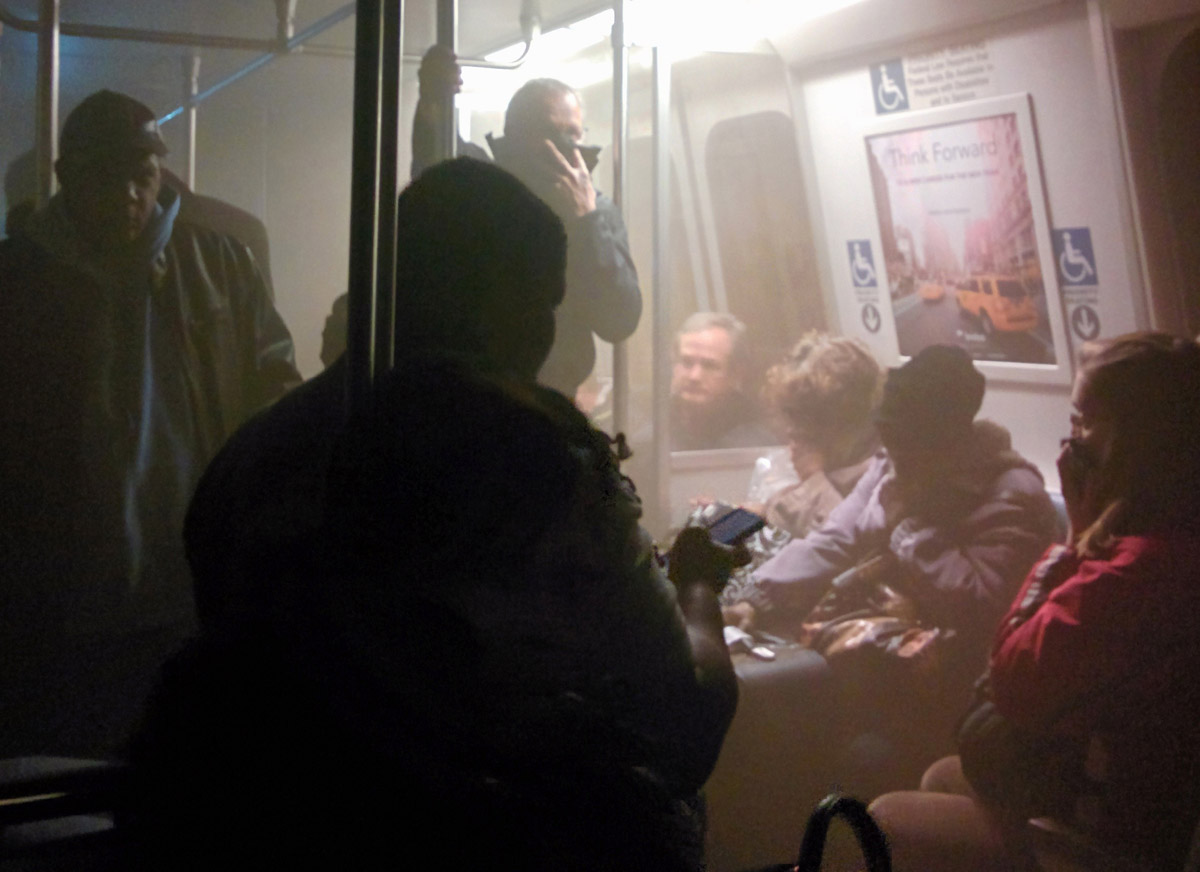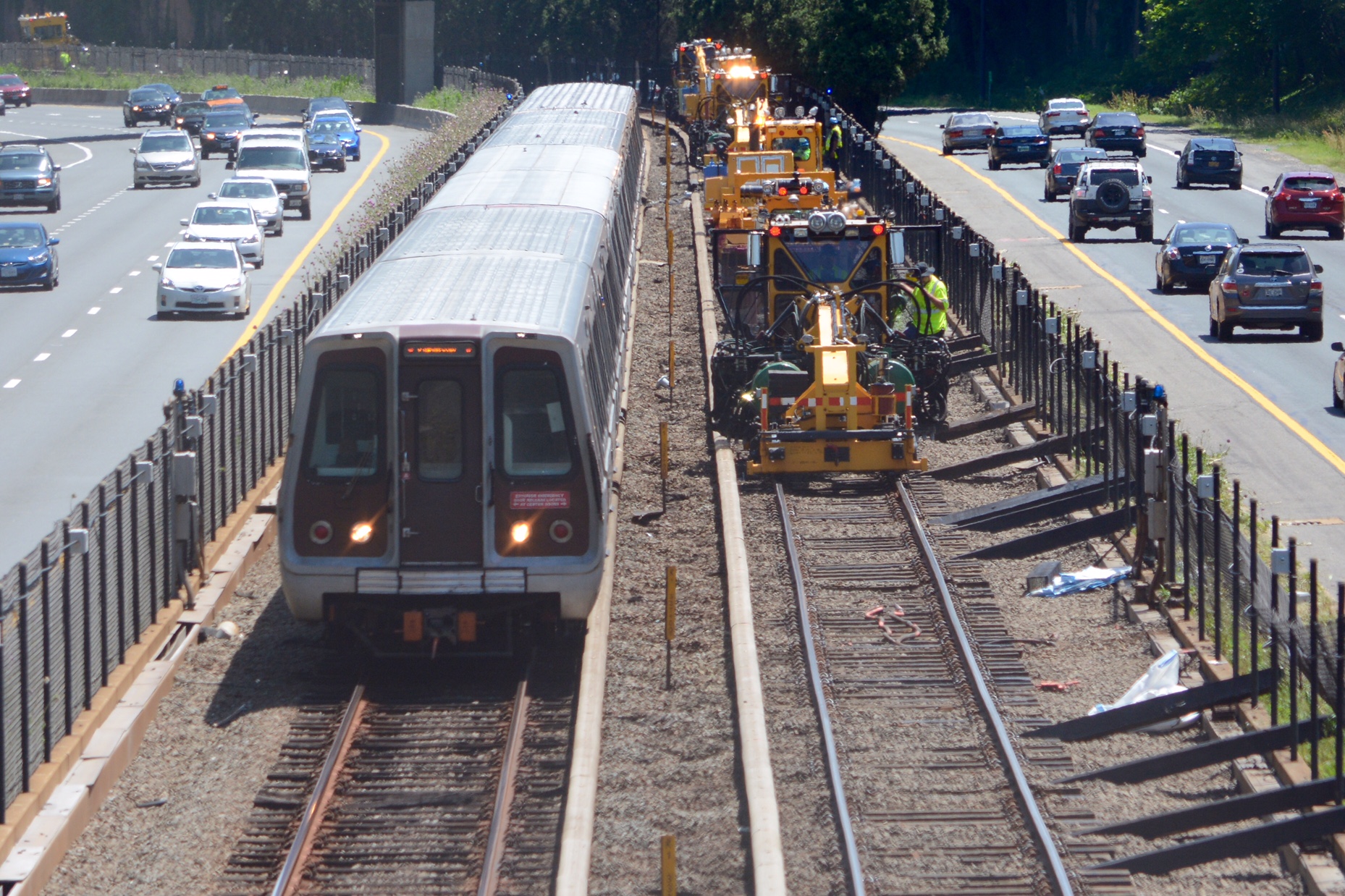WASHINGTON – Metro wants a court to dismiss lawsuits filed by the family of the woman killed on a smoke-filled train and by others injured in the January 2015 smoke incident.
In replies filed late Friday in U.S. District Court, Metro contended that the lawyers for Carol Glover’s family and other riders on the Yellow Line train that got stuck outside L’Enfant Plaza failed to meet legal requirements to rebut Metro’s motion to dismiss, which was filed earlier this year.
Metro lawyers wrote that a filing for those injured “baldly contends” that the victims need more information from Metro before a full and complete response to Metro’s motion to dismiss the case.
Metro contends that because there are no details in that filing on what would require more information, the judge should grant a motion to dismiss.
In a separate document, Metro also asked the judge to allow Metro’s claims against D.C. over Fire Department failures during the incident to move forward.
Metro argued in earlier filings that it has no responsibility to help riders in a smoke or fire incident because of its agreements with local fire departments to respond to emergencies.
In this reply, Metro argued that D.C. cannot claim it is immune from responsibility as a government entity performing a public duty, and that any effort to argue that is being made too early in the case anyway.
Metro argued it has a special ability to sue the District as a fellow governmental body that the District is a part of.
Metro argued that any decisions on immunity are “so closely intertwined with the merits of the numerous Plaintiffs’ underlying claims that it may not be possible, let alone prudent, to try resolving sovereign-immunity issues before trial.”
Metro said it should be able to push some or all of any financial responsibility it is found to have onto the District, because if the region’s fire chiefs had not agreed to respond to Metro emergencies, the transit agency might have its own fire department in the same way it has its own police department.
“Operationally, but for the District’s joining in the Fire Chiefs’ Agreement, WMATA would have known not to rely on senior FEMS personnel to lead and coordinate its response to emergency incidents, which would have kept the Incident Command under WMATA control and led to a more timely response to the passengers trapped on Train 302,” Metro claimed.
Metro cites a number of issues, including those tied to the D.C. fire incident commander on scene who repeatedly rolled up his window in the face of a Metro Transit Police Department deputy chief who was trying to communicate with him.








